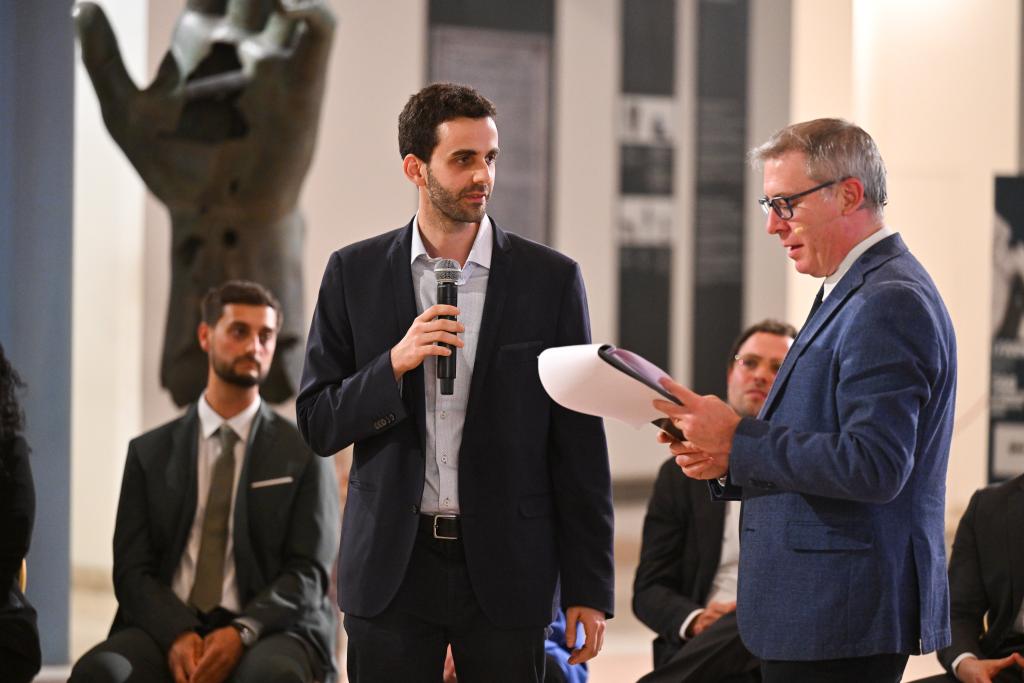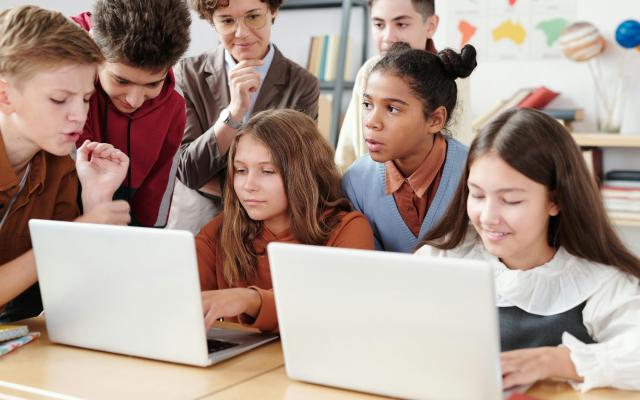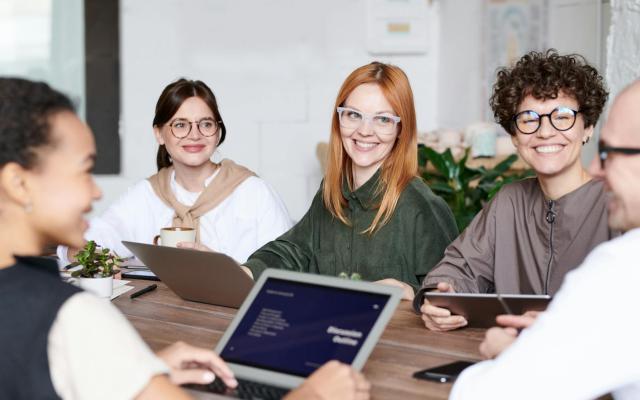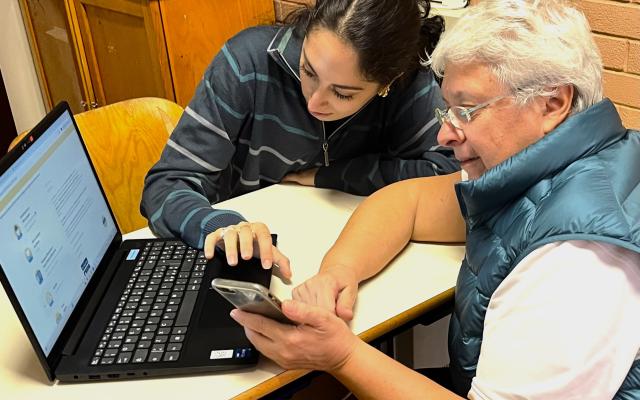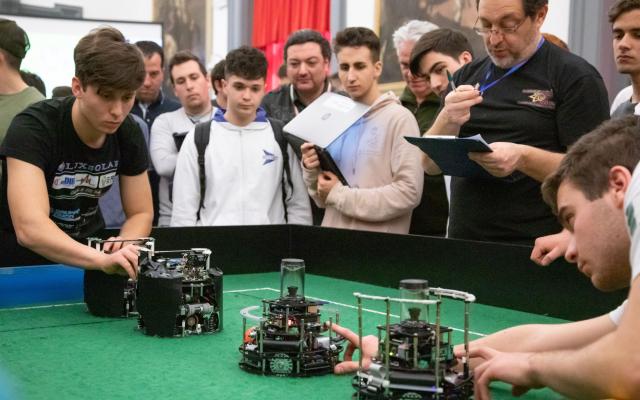The story of RomeCup 2025 in the words of Cinzia Diana
One month after the conclusion of RomeCup 2025 (7-9 May), it is time to take stock and reflect. This 18th edition has once again confirmed RomeCup as a unique collaborative ecosystem, capable of generating connections between schools, universities, research centres, companies, institutions and citizens. Three days of events, competitions and meetings that focused on the skills of the future, responsible innovation and youth leadership.
‘Organising the RomeCup 2025 was an intense, exciting and undoubtedly rewarding experience. Every moment, from planning to implementation, required vision, energy and passion.’ With these words, Cinzia Diana, event manager at the Fondazione Mondo Digitale, opens her account of the latest edition.
After eighteen editions, RomeCup continues to be a point of reference for those who want to imagine and realise the future of innovation with the younger generations. ‘The real success of this edition was seeing thousands of young people, teachers, researchers and innovators united by a genuine desire to build the future together.’
Among the many moments that marked this edition, Cinzia recalls the inaugural conference with particular emotion: "It was particularly stimulating. I saw an attentive and interested audience, with internationally renowned speakers who were able to speak to young people with authenticity and clarity. It was a moment of great inspiration.‘ One passage in particular struck her: ’One of the speakers recalled that “artificial intelligence is not the future but the present. And we must live it with awareness and humanity.”"
But the energy of the RomeCup certainly did not end with the conference. ‘There were so many activities and significant moments: from robotics competitions to interactive challenges, from inspirational talks to the celebration of talent. The Sala Esedra of the Capitoline Museums, which hosted the Research Award, was a particularly evocative setting.’
Right there, among ancient statues and new visions of the world, Cinzia was struck by the commitment and dedication of the ten finalists. "With their projects on health, robotics and artificial intelligence, they were able to present science as something close to people, capable of listening, understanding needs and imagining solutions to improve life in concrete ways. I was particularly moved by the work of Konstantinos Zormpas-Petridis, a young researcher who transformed his father's experience with cancer into a research project capable of restoring science's more human face."
Cinzia's vision captures the profound meaning of RomeCup: not just an event, but a living platform for meeting, inspiring and generating impact.
